What the National Insurance reversal means for you
Britain’s poorest households will gain just 63p a month from the back-pedal over tax rise
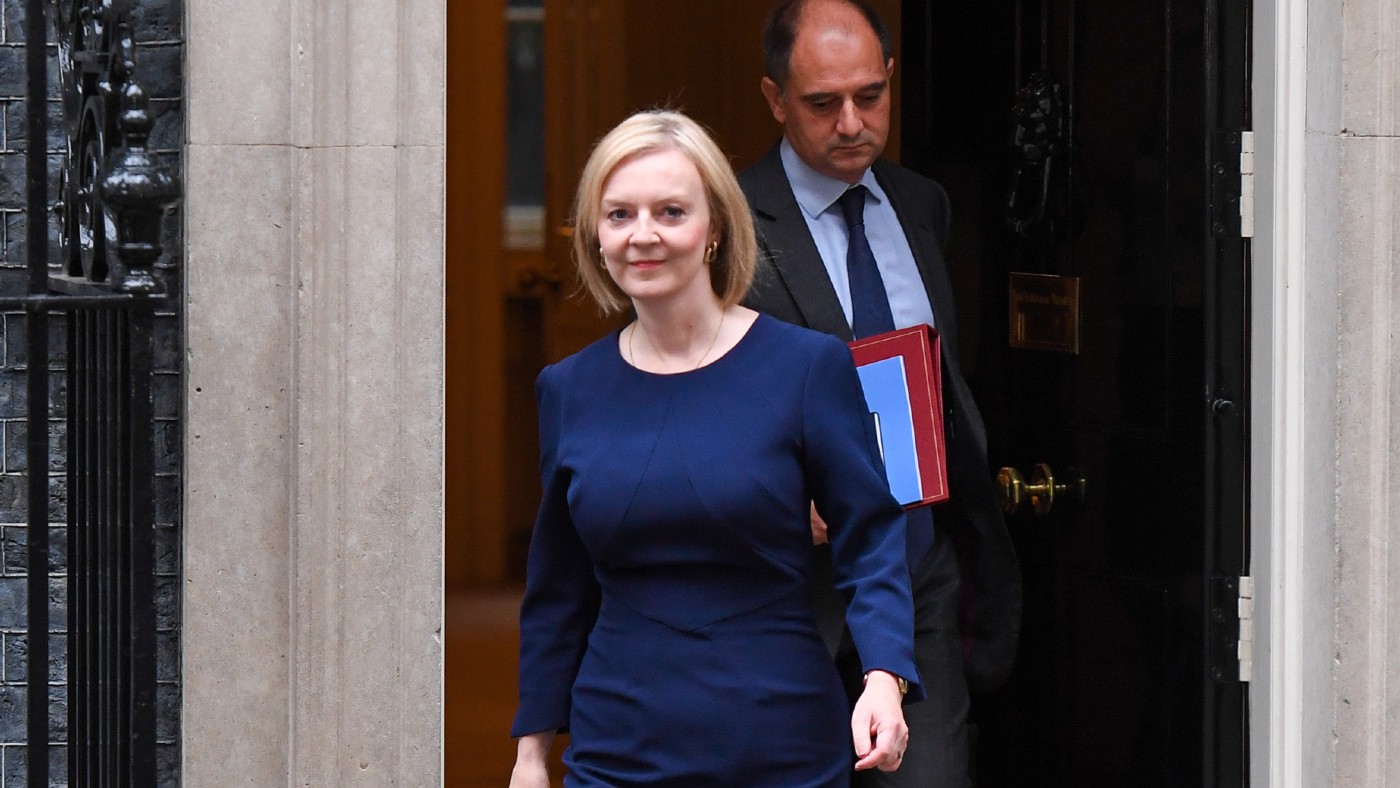
A free daily email with the biggest news stories of the day – and the best features from TheWeek.com
You are now subscribed
Your newsletter sign-up was successful
A 1.25% rise in National Insurance introduced in April will be reversed from 6 November, the chancellor has announced.
Before delivering his “mini-budget”, Kwasi Kwarteng claimed the change would save nearly 28 million people an average of £330 per year, noted the BBC.
A press release from the Treasury claimed that “scrapping the rise will reduce tax for 920,000 businesses by nearly £10,000 on average next year as they will no longer pay a higher level of employer National Insurance and can now invest the money as they choose”.
The Week
Escape your echo chamber. Get the facts behind the news, plus analysis from multiple perspectives.

Sign up for The Week's Free Newsletters
From our morning news briefing to a weekly Good News Newsletter, get the best of The Week delivered directly to your inbox.
From our morning news briefing to a weekly Good News Newsletter, get the best of The Week delivered directly to your inbox.
National Insurance (NI) is a tax paid by employees, employers and the self-employed. A rise was introduced in April under former chancellor Rishi Sunak, but new PM Liz Truss pledged to reverse it. Now Kwarteng has acted on that promise.
What it means for you
Currently, employed workers pay 13.25% on earnings between £12,570 and £52,270 and 3.25% on all earnings above this. Employers pay 15.05% on an employee’s earnings.
Self-employed workers pay £3.15 a week, if their profits are above £6,725, and then 10.25% on profits between £11,908 and £50,270 and 3.25% on profits above this.
Kwarteng’s plan means employees will pay 12% and 2% and employers will pay 13.8%. Meanwhile, said The Money Edit, self-employed workers will pay a “blended” rate to reflect the changes over the year when they submit their self-assessment return in January.
A free daily email with the biggest news stories of the day – and the best features from TheWeek.com
The more you earn, the more you will benefit from this change, said the BBC. “For example, somebody earning £20,000 will save about £93 a year, and somebody earning £100,000 will save £1,093, compared to now,” it noted.
Britain’s poorest households will gain just 63p a month from reversing the NI hike, according to a study from the Institute for Fiscal Studies, while people earning more than £100,000 will benefit the most.
What has the reaction been?
Reversing the NI rise and other measures will “disproportionately benefit the rich and provide no answers to the cost of living scandal”, wrote Miatta Fahnbulleh, chief executive of the New Economics Foundation, for The Guardian. Coupled with “a string of tax cuts”, the measures “don’t help the people who need it the most and rob our creaking public services of the investment they desperately need”, she said.
Reacting to the mini-budget, Labour’s shadow chancellor Rachel Reeves accused Kwarteng of having no credible plan for growth, and claimed the string of measures announced in his so-called mini-budget were based on “outdated ideology”.
She told MPs: “What this plan adds up to is to keep corporation tax where it is today, and take National Insurance contributions back to where they were in March. Some new plan.
“It is all based on an outdated ideology that says if we simply reward those who are already wealthy, the whole of society will benefit,” she continued, claiming that the Conservative Party had “decided to replace levelling up with trickle down”.
Analysis from the Resolution Foundation found that almost half of the gains from tax cuts announced today, which included scrapping the 45p rate of income tax as well as reversing the NI rise, would “go to the richest 5% alone, who will be £8,560 better off”. It found that “just 12% of the gains will go to the poorest half of households, who will be £230 better off on average next year”.
Some business leaders welcomed the reversal, however. Kitty Ussher, chief economist at the Institute of Directors industry body, told the BBC that raising employers’ NI contributions had been “a mistake”.
“This was quite simply a tax on jobs, which businesses had to pay regardless of whether they are profitable,” Ussher told the broadcaster. “Many of our members told us that the impact of the increase was that they would have no choice but to push up prices, making inflation even worse.
“Others said the rise in the cost of employing people meant they would think twice about taking new staff on, or potentially make the difficult decision to let colleagues go,” she added.
-
 ‘Restaurateurs have become millionaires’
‘Restaurateurs have become millionaires’Instant Opinion Opinion, comment and editorials of the day
-
 Earth is rapidly approaching a ‘hothouse’ trajectory of warming
Earth is rapidly approaching a ‘hothouse’ trajectory of warmingThe explainer It may become impossible to fix
-
 Health insurance: Premiums soar as ACA subsidies end
Health insurance: Premiums soar as ACA subsidies endFeature 1.4 million people have dropped coverage
-
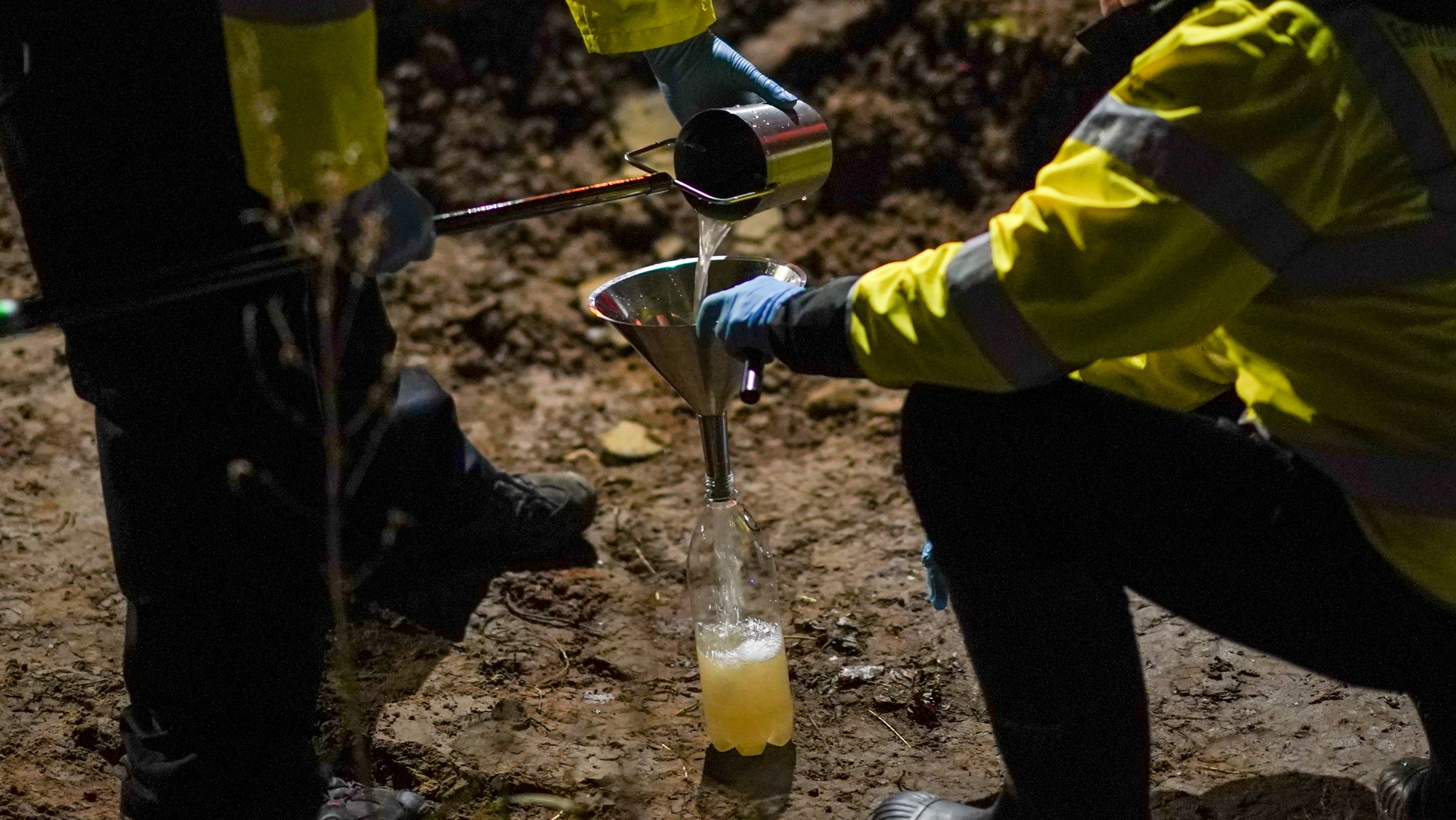 Water bill discounts: the customers due to save money
Water bill discounts: the customers due to save moneyfeature Watchdog orders Thames Water and Southern Water among others to repay millions to customers for missing targets
-
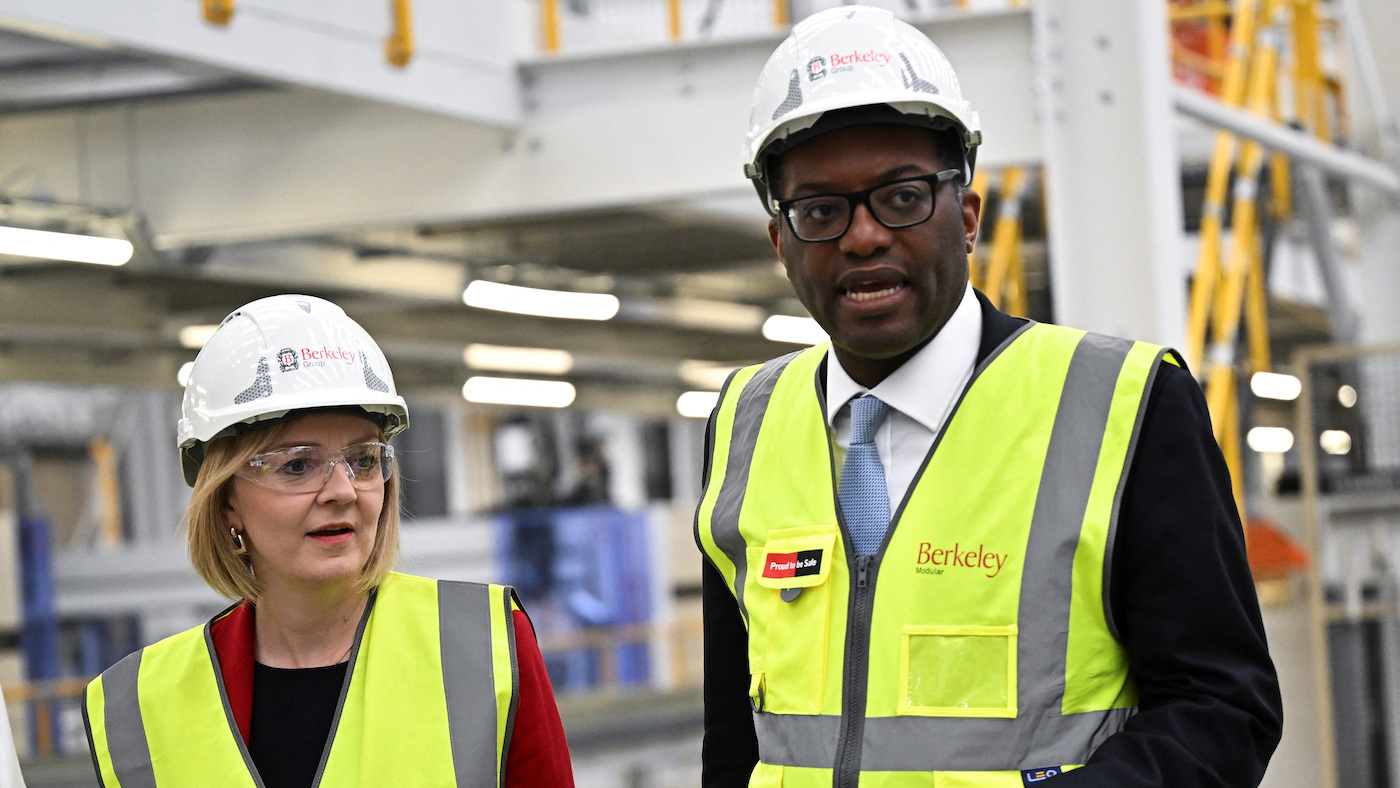 What happens if the UK’s credit rating is downgraded?
What happens if the UK’s credit rating is downgraded?feature Credit agency Moody’s joins IMF in criticising the Truss government’s fiscal plans
-
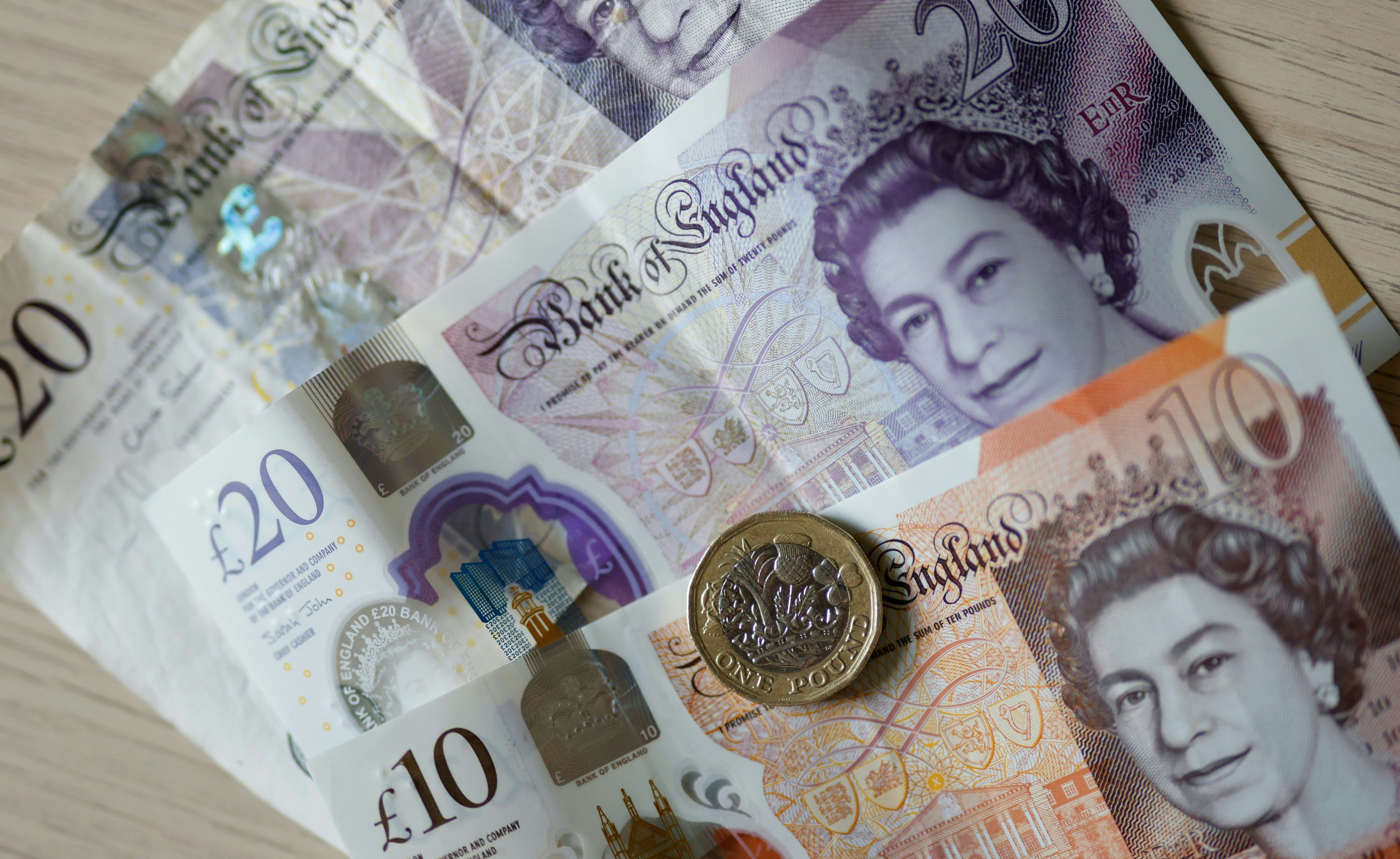 The cost-of-living support available from government
The cost-of-living support available from governmentfeature Downing Street says no further measures will be rolled out before new PM is in place
-
 How the government-backed interest-free loans work
How the government-backed interest-free loans workfeature Expanding scheme offers up to £2,000 for those in financial need
-
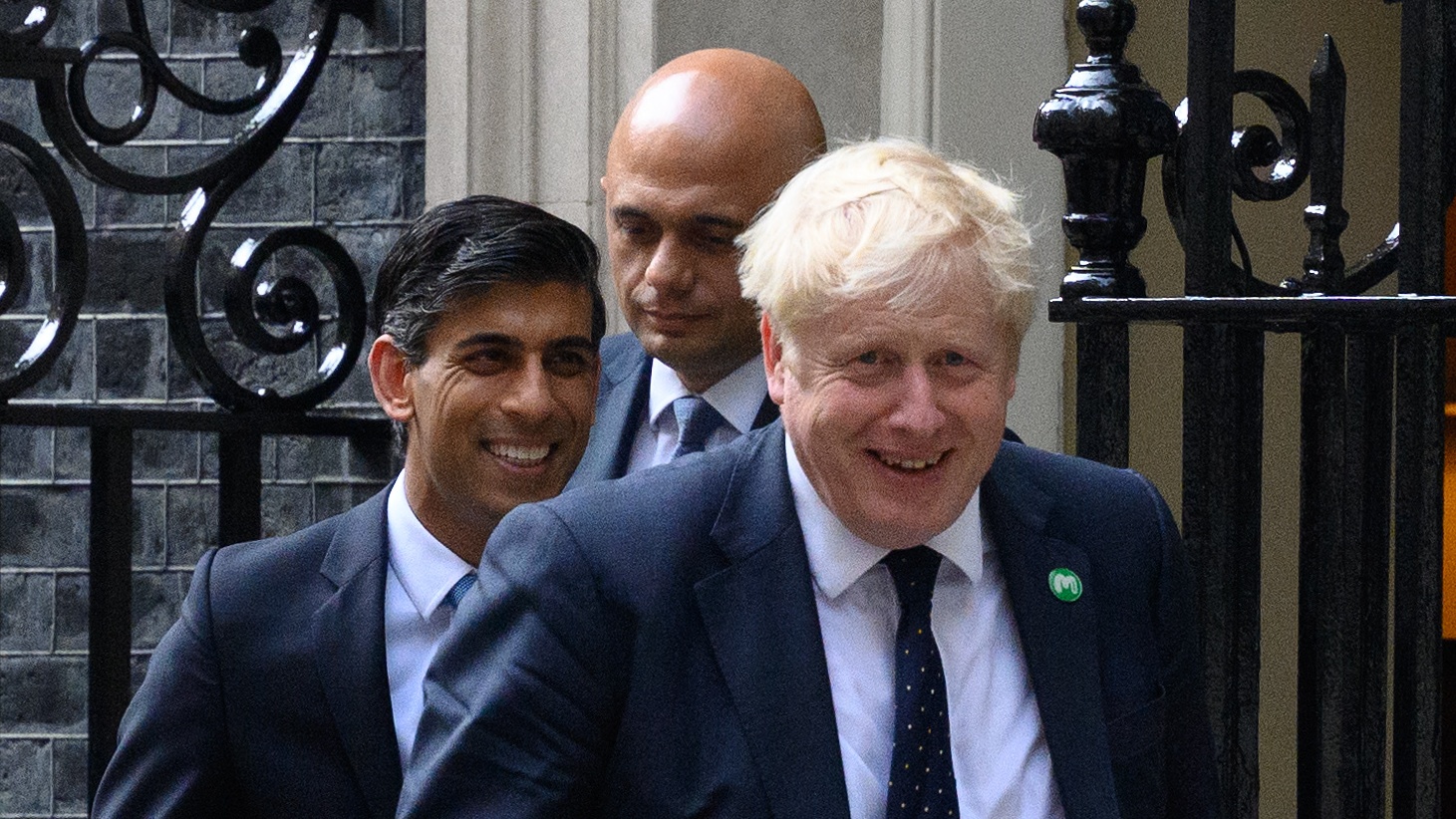 What the National Insurance rise means for you
What the National Insurance rise means for youfeature Government defends controversial hit to pay packets